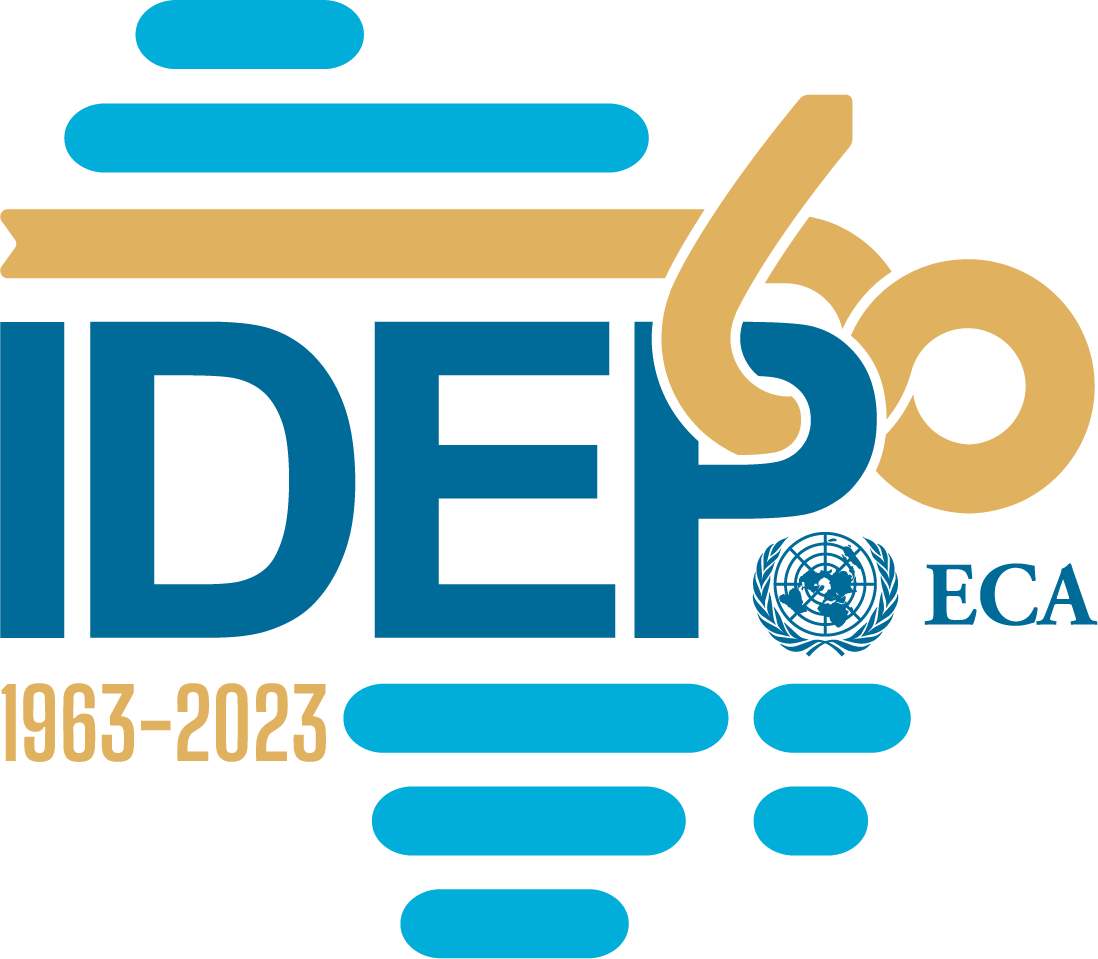e-Learning
Introduction
The training and learning landscape is changing dramatically due to advances in technology, learner analytics, and
advances, learner analytics and improved pedagogy. The training environment is taking advantage of incredible opportunities due to technological advances that enable learning,
anywhere, anytime and through different channels: mobile, smartphone, tablet, computer. Learners today are able to learn, continuously update and revise their knowledge anywhere, while walking, at the coffee shop, on the bus, in the subway, in lines
anywhere. Learners are more and more placed at the center of training; training that is now done by learners, not by the learners, not for the learners.
This dynamism continues to develop in response to the demands and needs of an increasingly mobile society, with the aim of helping learners to learn and strengthen their skills at their own pace, when they need to, in the way that best suits them. We are witnessing a digital learning ecosystem that encourages complex interactions, continuous growth, and increasingly inspires and motivates learners to learn, rather than simply attending a workshop or finalize an e-learning module behind a desk.
The African Institute for Economic Development and Planning (IDEP), as a center of excellence for training and capacity building of civil servants, legislators and other stakeholders from all fifty-four (54) African countries, envisages establishing an environment that will encourage and support continuous learning and performance enhancement through technological advancements and thus meet the increasing number of training demands from different countries and other stakeholders while ensuring quality and excellence. Digital training complements face-to-face training and above all will support mobile learning, "learning on the go", continuous updating and refreshing of knowledge, access to accurate information in time or accurate data through mobile and micro-learning.
The African Institute for Economic Development and Planning (IDEP), as a center of excellence for training and capacity building of civil servants, legislators and other stakeholders from all fifty-four (54) African countries, envisages establishing an environment that will encourage and support continuous learning and performance enhancement through technological advancements and thus meet the increasing number of training demands from different countries and other stakeholders while ensuring quality and excellence. Digital training complements face-to-face training and above all will support mobile learning, "learning on the go", continuous updating and refreshing of knowledge, access to accurate information in time or accurate data through mobile and micro-learning.
IDEP's ambition is to provide learners with more learning channels supported by a federating hub of reliable, relevant, and constantly updated knowledge that allows knowledge to be at the learner's fingertips, present at any time and anywhere. The learner has continuous access to accurate information when needed via cell phone, smartphone, tablet or computer.
Digital Learning
IDEP's digital training offering includes :
- Autonomous digital learning with m-learning and micro-learning features
- Instructor-assisted / facilitated digital learning with m-learning and micro-learning features
- Blended learning, a period in digital mode to test or guarantee a required level of knowledge before the classroom training and in some cases the continuation of the digital training with or without assistance to perfect the knowledge.
- Monthly Digital Development Seminar Series (DDSS) via Webinar or Skype Business
- The promotion of communities of practice, to encourage the sharing of knowledge, especially tacit knowledge, and capacity building through collaboration.
It should be noted that digital learning cannot replace face-to-face training in an organization but must be seen as complementary and allow a greater number of learners to benefit from it. It promotes continuous learning.
Why Digital Learning at IDEP?
In accordance with its statutes, the African Institute for Economic Development and Planning (IDEP) has as its main objective capacity building and training for government officials, legislators, organized civil society organizations, the media and private sector actors in fifty-four (54) African countries. The training and capacity building activities are based on issues of economic policy formulation, economic management and planning for development.
IDEP is called upon to meet the training and capacity building needs of a large population from geographically dispersed sub-regions. These needs cannot be met by face-to-face training due to the related investments. Consequently, IDEP will deploy digital learning management systems (LMS), structured in different learning channels to complement traditional face-to-face training offerings.
The deployment of digital Learning Management Systems (LMS) has many advantages, including :
- Overcome pressures on training budgets, meet the growing needs of training demands from member states, shorten the time it takes for learners to complete their training, and encourage learners to take advantage of the flexibility of training that can be customized. Each employee learns at his or her own pace, building a customized learning path;
- Access an unlimited number of geographically dispersed learners in less time, at no additional cost; all have access to the same quality content;
- Reduce training budgets. Indeed, the costs of digital training are far lower than those of face-to-face training, including the costs of the instructor's time, the participants' travel, the absence from work, etc;
- Addressing long-term rather than short-term training needs, learners are placed at the center of their story, they are highly motivated to learn and can go at their own pace;
- Personalize the training. The flexibility of digital training and its user-friendliness is accompanied by personalization. Each learner learns at their own pace, building a learning path à la carte in the way they need, when they need, in the way that suits them best;
- The online modules, designed by back-end and education experts, are evaluated, tested and revised before release to ensure the highest level of quality, accuracy and effectiveness, and updated on an ongoing basis;
- Provide effective training methods, such as practice with feedback, combining collaborative activities with individualized study, and using simulation and games;
- Provide opportunities for collaboration, exchange, group work and a platform to communicate with peers and instructors;
- Beyond the different media used, digital training integrates multiple learning tools, each one more entertaining than the other. The objective is to motivate, interest and captivate the learner for better learning;
- Digital training makes it possible to measure the relevance of a training course thanks to learning management systems;
- It provides reports on learners' progress in order to measure the impact of their training on the implementation of development policies, as well as the subjects on which each learner should improve.
Digital Learning Methods
IDEP offers the following digital learning methods :
- self-paced digital learning;
- instructor-assisted digital learning;
- blended digital and face-to-face learning;
- short-term digital learning via webinar or skype-business;
- collaborative learning via communities of practice.




